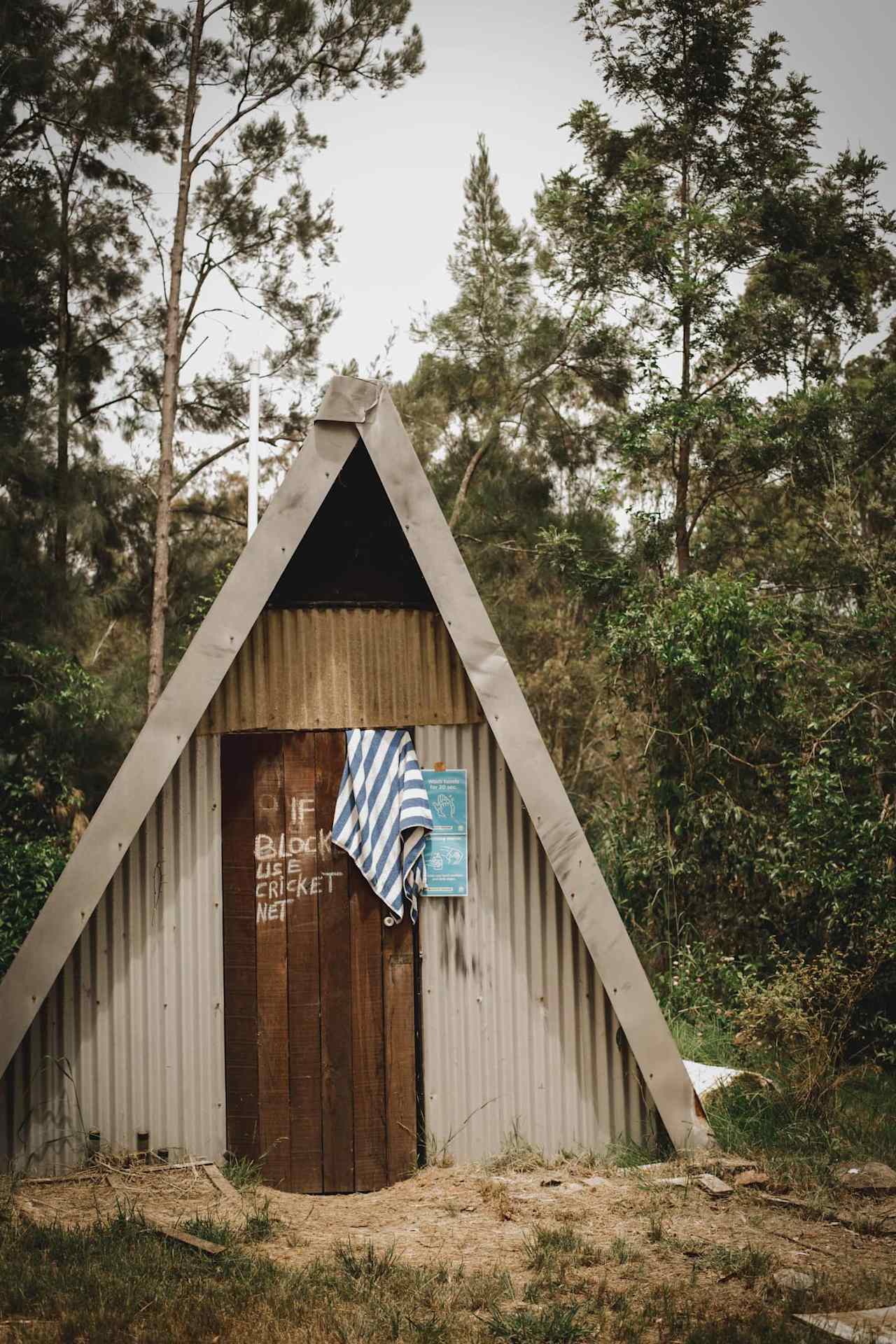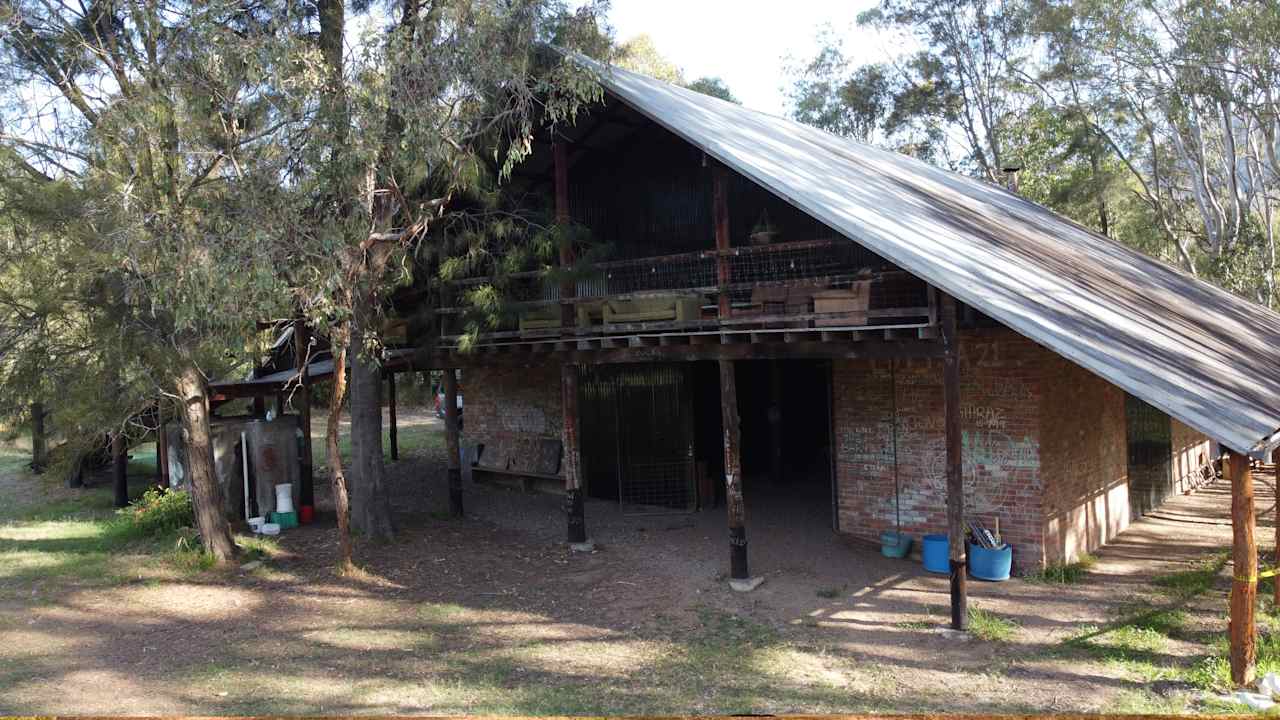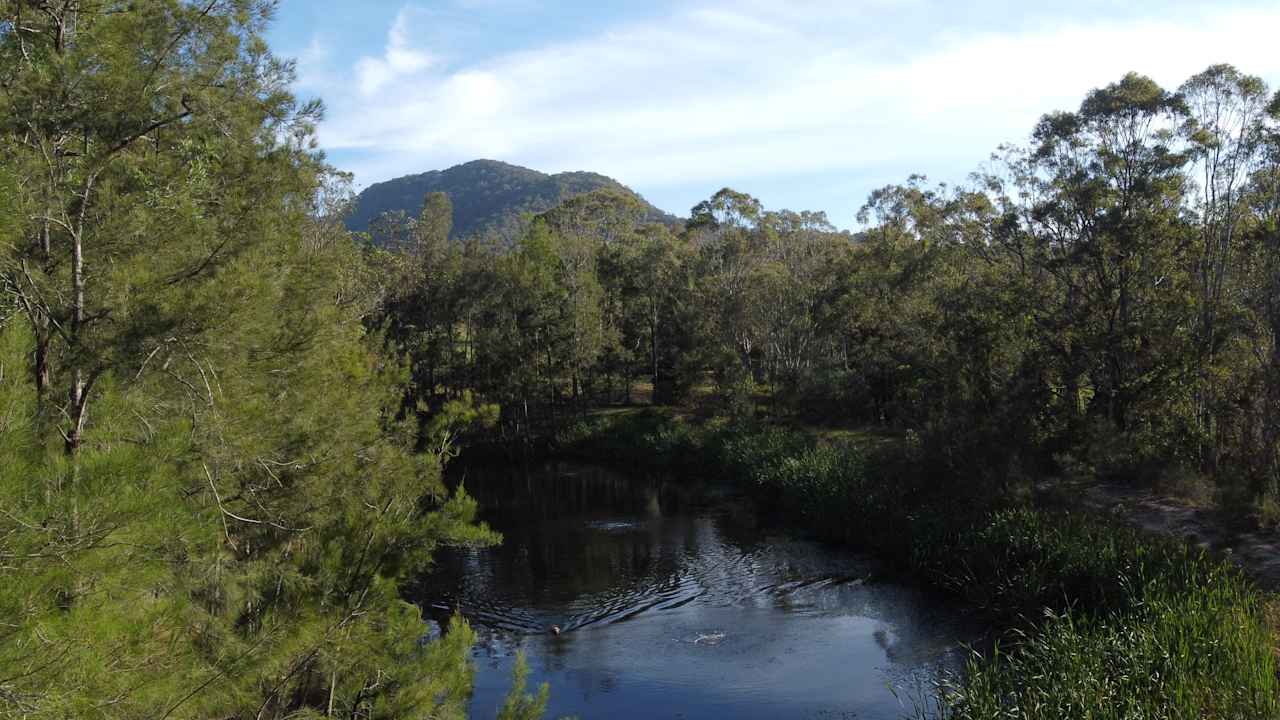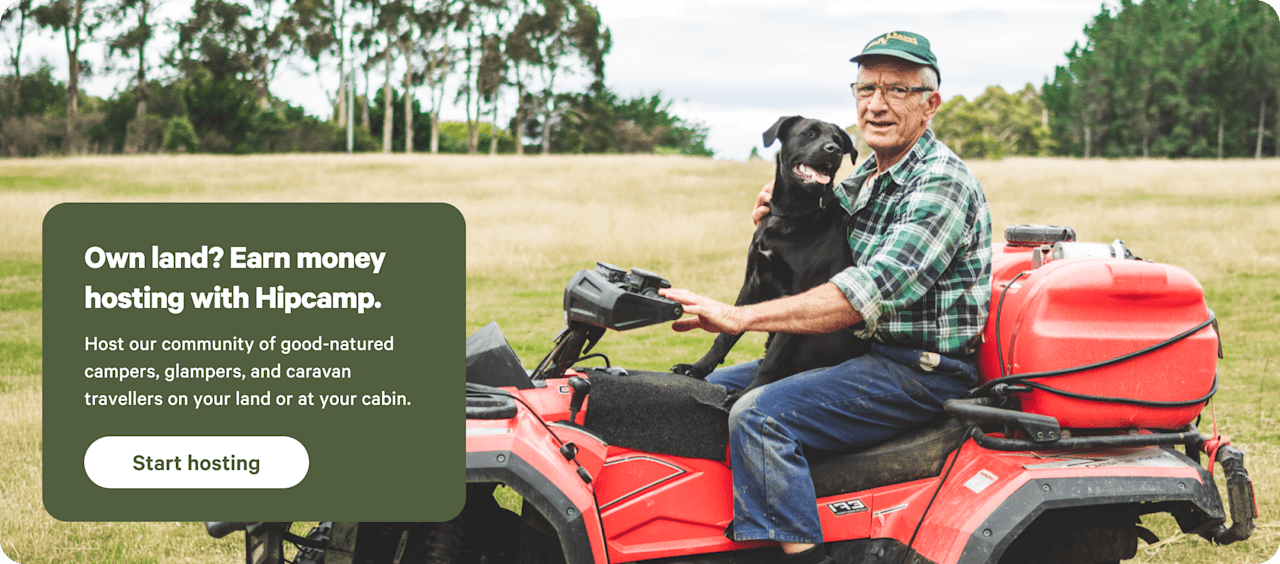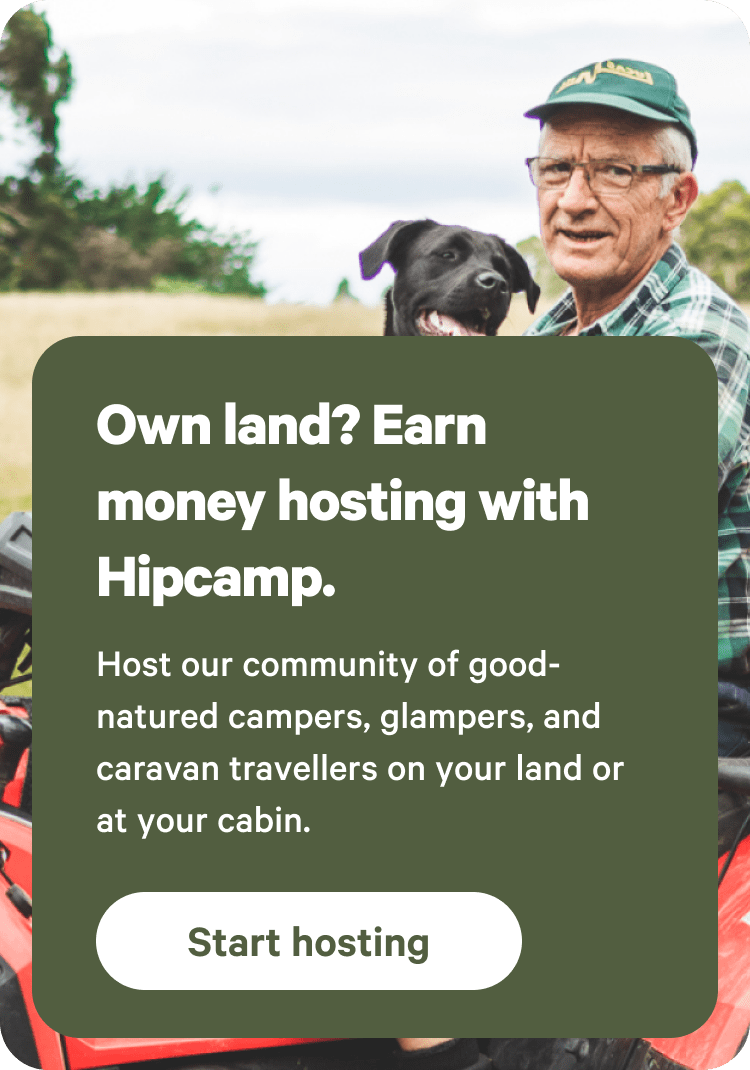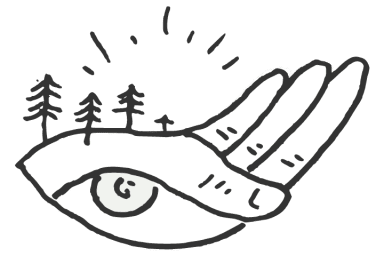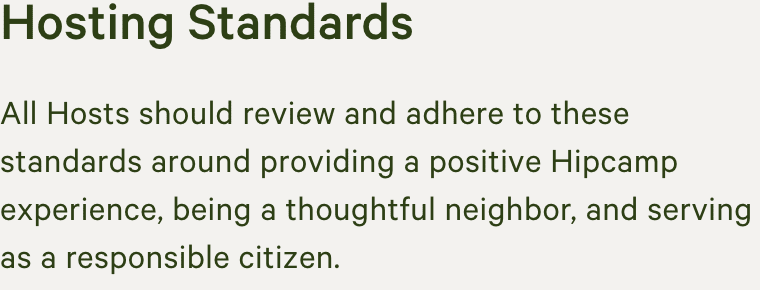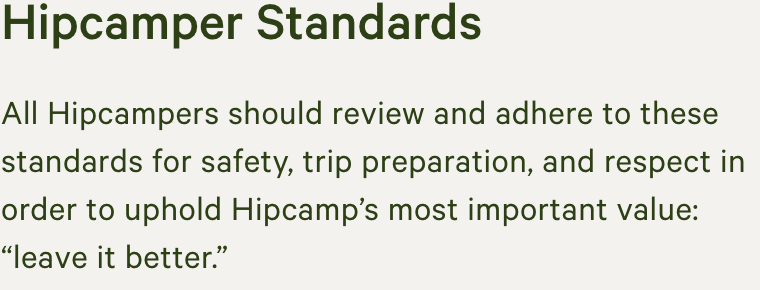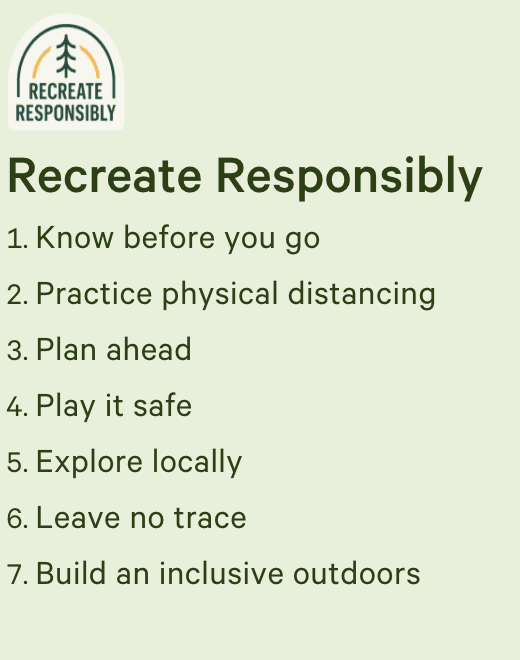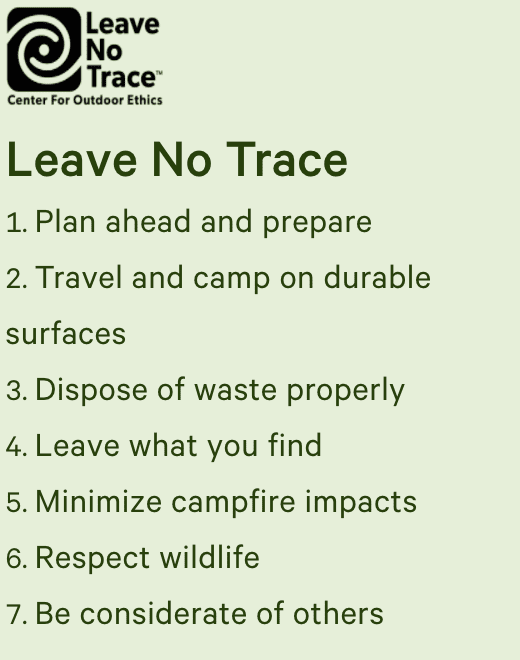Barns near Patonga with swimming
A Central Coast seaside town with easy access to many beautiful beaches and coastal camps.
- Patonga
Popular camping styles for Patonga
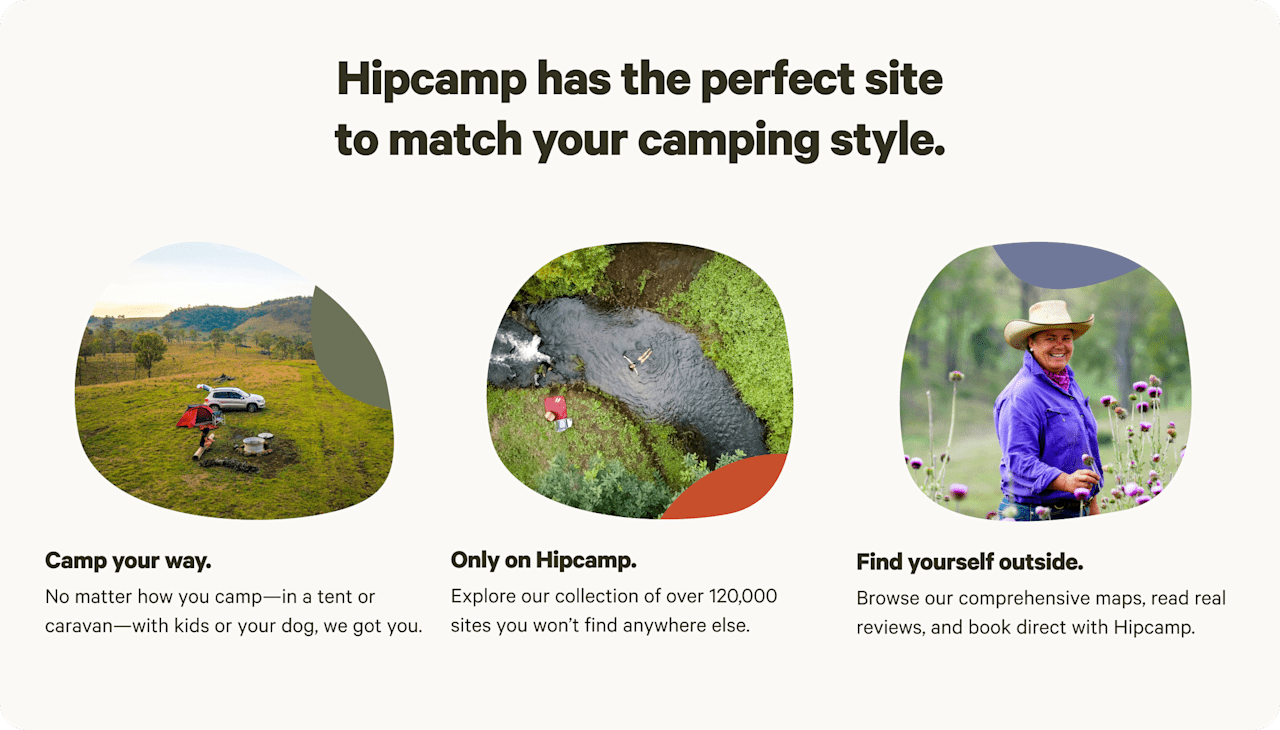

Barns near Patonga with swimming guide
Overview
Patonga is a peaceful beachside town on the southern end of New South Wales’ Central Coast, separated from northern Sydney by the mouth of the Hawkesbury River. Many visitors come on day trips from Palm Beach, as a ferry connects the nearby towns of Ettalong and Wagstaffe with Sydney’s Northern Beaches. It’s easy to stay for longer, though, as there’s a large, well-equipped campground in Patonga itself, and further options in nearby towns and national parks. It’s worth lingering to enjoy the swimming, kayaking, SUP boarding, and chilled-out beach vibes.
Where to go
Sydney’s Northern Beaches
Patonga is only separated from Sydney’s Northern Beaches and Ku-ring-gai Chase National Park by the Hawkesbury River. Campers can drive the longer way around or take the passenger ferry from Ettalong or Wagstaffe to Palm Beach. Palm Beach, Whale Beach, and Avalon Beach offer well-equipped campgrounds suitable for all types of campers, while Ku-ring-gai Chase has one campground, the Basin Campground, which can be reached by ferry.
Brisbane Water National Park
Just north of Patonga, the Brisbane Water National Park offers walks, cycling, and fishing, and has some ancient Aboriginal rock art sites. There’s a small, basic bush tent site within the park, as well as a picnic area, or visitors can stay in Patonga or nearby coastal campsites at Umina or Gosford and make day trips into the park. The roads into the park are sealed so two-wheel-drive vehicles have access.
Bouddi National Park
On another peninsula and across Brisbane Water from Patonga but connected by a bridge, the small Bouddi National Park has a golden-sand beach, a popular coastal walk, and fantastic lookout points. There are three beachside campgrounds within the park, which should be booked in advance, and they’re only suitable for tents. Some of the campsites provide drinking water but not all, so come prepared.
When to go
To best enjoy the beautiful beaches around Patonga, visit in summer, when the weather is hot and conditions perfect for going between the sand and the sea. The summer school holiday period will be especially busy at campsites, though. For other outdoor activities such as hiking and biking, spring and autumn are preferable, with cooler temperatures. Winter is the off-season and the weather can be cool and wet but not very cold, so staying in campervans, caravans, and cabins is more comfortable.
